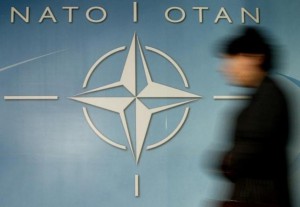After 15 years of conflict in Afghanistan and no sign of peace, NATO members meeting in Warsaw this week are expected to confirm their support for the Kabul government, aware that they have little alternative if the country is to hold together.
Foreign ministers agreed in May to extend assistance past 2016 and at the summit in the Polish capital on Friday and Saturday, alliance partners are also expected to continue their non-combat training and assistance mission.
Total financial support is expected to be about $5 billion a year to 2020, with the United States, the largest donor, contributing about $3 billion of that.
“These decisions are very much about demonstrating NATO’s enduring and steadfast commitment to Afghanistan,” Ismail Aramaz, NATO’s senior civilian representative in Afghanistan, told a media briefing in Kabul this week.
“Afghanistan will not stand alone.”
The summit comes as President Barack Obama considers whether to go ahead with plans that would see U.S. forces in Afghanistan nearly halved from their current level of 9,800 to 5,500 by the beginning of next year.
The Taliban have made major gains since a NATO-led international force ended combat operations at the end of 2014 and now control more territory than at any time since they were driven from power in 2001.
They briefly seized the northern city of Kunduz last year and control much of the southern province of Helmand, the largest source of opium.
However, NATO officials point to signs of progress by Afghan forces. They say a better trained, better equipped force is at least holding its own against the Taliban and is building up air power while steadily improving in key areas from logistics and recruitment to operational planning.
They also say a stable Afghanistan is the best guarantee that militant networks such as al Qaeda or Islamic State cannot re-establish bases to threaten the West and that the uncontrolled flow of migrants to Europe can be slowed.
However, they are also aware that public support cannot be taken for granted and there is pressure to ensure that President Ashraf Ghani’s government uses aid effectively, bringing costs down while continuing reforms the West wants to see.
“This is a two-way street,” said Aramaz.
NATO will be looking for “demonstrable signs of continued political stability” and “tangible signs of progress” in areas like women’s rights, counter-corruption, electoral reform, and other human rights, he said.
Afghan leaders must also make sure the security services remain under civilian control and free from political interference, he said.
reuters.com



